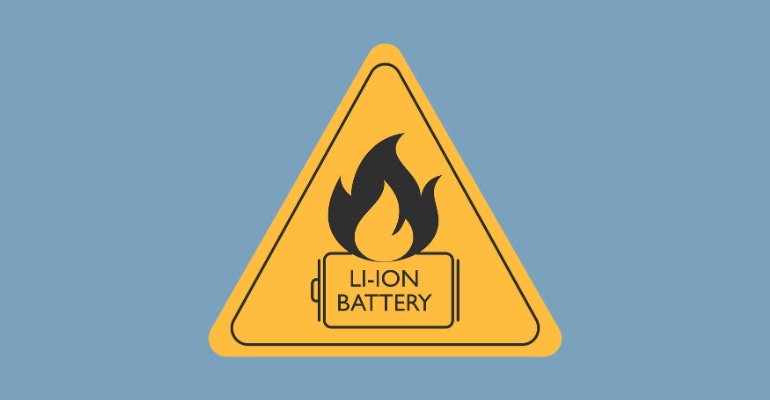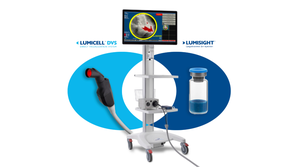Abbott details guidance on how to avoid lithium battery issues in multiple freestyle libre products.

Abbott Laboratories has initiated a voluntary medical device correction pertaining to its FreeStyle Libre, FreeStyle Libre 14 day, and FreeStyle Libre 2 Readers, stating that a limited number of reports worldwide (0.0017%) from users over several years had their reader’s lithium-ion battery swell, infrequently overheat, or, in very rare cases, spark or catch fire. The company wrote in the medical device correction that it’s emphasizing the instructions for the devices including guidance on how to properly store, charge, and use a reader and its accompanying USB cable and power adapter.
The reader is a small handheld device that collects glucose readings directly from a continuous glucose monitoring (CGM) sensor worn on the back of a person’s upper arm, allowing for real-time management of diabetes which can be used through a smartphone app.
Abbott detailed multiple recommendations on how to avoid battery swelling, leakage, extreme overheating, and fire in its press release, including only charging the battery using the Abbott-supplied yellow USB cable and adapter as potential issues may occur when charging it with non-Abbott versions concurrent with misuse of the device — exposure to liquids, damage, and introduction of foreign material into the ports, and its components.
The company explained that the provided cable and power adapter limit the current to safely charge the battery while third party options may allow for higher power, potentially leading to fire. Abbott also instructed to not expose or place the reader, power adapter, or yellow USB cable into water or other liquids and avoid getting dust, dirt, blood, control solution, water, bleach, or other substances on the test strip or USB port. The reader should also be stored in temperatures between -4 °F and 140 °F.
Currently no readers are being physically recalled and customers can continue to use them with Abbott-provided power accessories.
Lithium-ion batteries achieve some of the highest energy densities available on the market, and medical device companies benefit from their reduced weight and increased battery life. However, as stated above, there are a number of safety implications when choosing these power sources. Due to the potential of overheating and catching fire — which can occur by overcharging, overloading, and mechanically or environmentally over-stressing — medical devices containing rechargeable lithium batteries must meet IEC 62133 standards. IEC 62133 standard is defined by a number of mechanical, environmental, and electrical tests that have to be performed to ensure product safety. Special protection circuits and mechanical protection features must also be employed. Additionally, IEC 60601 and IEC 14971 standards should be considered in standard risk management processes.
Obtaining lithium rechargeable batteries for use in medical devices can also pose a challenge as they are not available off-the-shelf. In order to be used in this application, lithium batteries must be combined with custom protection circuitry, wired to connectors, and packaged for a specific device.
About the Author(s)
You May Also Like




